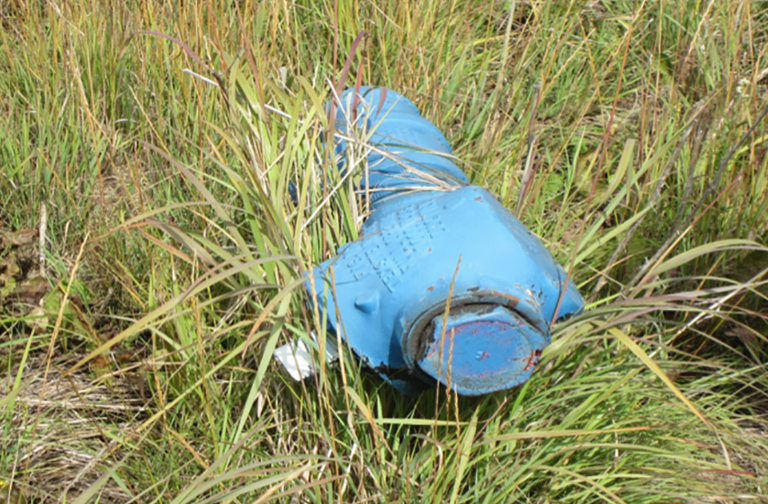About 35 per cent of British Columbia’s 11,000 active oil wells, abandoned wells and water injection wells in the northeastern part of the province are leaking significant amounts of methane, according to a forthcoming new study.
The report will be released later in the summer and submitted to the industry-funded BC Oil and Gas Commission.
Researchers with the David Suzuki Foundation measured leaks from abandoned, suspended, shut-in and active oil wells in the Montney shale gas play near Fort St. John.
That amounts to 14.2 million cubic metres, or 10,617 metric tonnes of methane a year from roughly 11,079 active oil, abandoned, suspended and water disposal wells in B.C., said Werring.
Surface casing vent flow, or leaks at the wellhead, often signal failed well integrity. Cement seals erode and crumble as they age, creating pathways for methane to migrate to the surface.
Both provinces have similar legislation that gives industry an indefinite time period to clean up inactive wells. Neither province has required industry to set aside even a fraction of the funds necessary to cover the cost of fixing these environmental liabilities.
The new study follows research with a mobile sensor mounted on a vehicle that detected large amounts of methane emanating from oil and gas wells in northeastern B.C.
That peer-reviewed study found that methane emissions from B.C.’s shale gas basins are now at least 2.5 times higher than provincial government estimates.
That makes the oil and gas sector the largest source of climate pollution in B.C., a greater source of pollution than commercial transportation.
“The field study told us methane was floating around the region, but we didn’t know if it was coming from venting from pneumatic devices or leaks from the wellhead,” explained Werring.
Last August, Werring used a Flir infrared camera to identify the source of methane leaks at well sites. Where possible he put a balloon over the leak, and then measured the length and width of the balloon to calculate the volume of methane being leaked over time.
With a Flir camera, “The vapour coming off the sites looks like smoke,” Werring said.
Of 178 wells that Werring examined, 62 were abandoned or suspended wells. Twenty-nine per cent of these wells were leaking methane.
Werring also took images and methane samples from 25 producing oil wells and found that seven were leakers, or 28 per cent.
In addition, more than half of all water injection wells were leaking methane, too.
“The number one reason the industry is not dealing with the problem is the cost. It has nothing to do with the technology,” said Werring.
In jurisdictions such as B.C. and Alberta where the oil and gas industry is not required to post reclamation and clean up bonds, there is no incentive for industry to address these environmental liabilities.
“The problem is getting worse as the wells age, and the clean up of these wells shouldn’t be put on the back of taxpayers,” Werring said.
Out of 25,000 wells drilled in B.C in the last 100 years, nearly 7,000 have been abandoned and nearly 3,000 are inactive and await proper cement plugging and reclamation.
Teaser photo credit: An abandoned well site near Peejay, British Columbia, showing surface piping remaining in place. Photo: David Suzuki Foundation, 2015.





